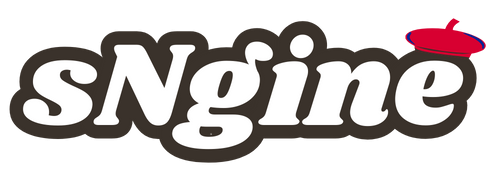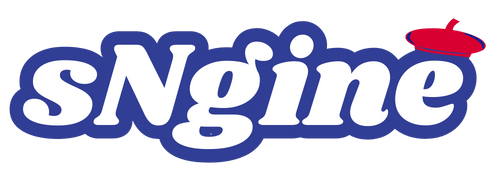The Germany non woven fabric market growth is being reshaped by technological advancements that enhance production efficiency, product performance, and sustainability. Known for its engineering excellence, Germany has been at the forefront of integrating modern technologies into textile manufacturing, and the non woven fabric sector is no exception. From advanced production methods to digitalization, innovation is playing a critical role in driving the industry’s growth.
One of the most significant advancements in the industry is the development of new manufacturing techniques. Spunbond, meltblown, and needle-punched technologies have become standard in the German market, allowing producers to create fabrics with specific properties tailored to various applications. Spunbond technology produces strong, lightweight fabrics suitable for hygiene and packaging, while meltblown methods are essential for high-performance filtration media. Needle-punching, on the other hand, enables the production of thicker, more durable fabrics used in automotive and construction applications.
Automation and digitalization are also transforming the German non woven fabric industry. By integrating Industry 4.0 technologies, manufacturers can monitor production processes in real time, optimize resource utilization, and reduce waste. Smart machinery and sensors provide data-driven insights that improve efficiency and ensure consistent product quality. This technological integration not only lowers costs but also enhances competitiveness in global markets.
Sustainability is another area where technology is making a difference. German companies are investing in eco-friendly production processes that reduce energy and water consumption. Advanced recycling systems are enabling the reuse of fibers and fabrics, promoting a circular economy. Biodegradable and bio-based polymers are also gaining traction, supported by technological improvements in polymer science. These innovations reflect Germany’s strong commitment to sustainability and compliance with European Union environmental regulations.
In the healthcare sector, technological advancements are driving the production of high-performance non woven fabrics for protective medical gear. Enhanced barrier properties, breathability, and comfort are being achieved through precision engineering, making these fabrics indispensable for healthcare professionals. Similarly, in the automotive sector, innovations are focusing on creating lightweight, durable, and sound-absorbing fabrics that meet the evolving needs of electric vehicles.
Germany is also a leader in research and development, with universities, research institutions, and private companies collaborating to create next-generation non woven solutions. Innovations such as nanofiber-based fabrics for filtration, smart textiles with embedded sensors, and high-performance composites are being explored. These advancements not only expand the range of applications but also strengthen Germany’s global leadership in advanced materials.
The combination of advanced manufacturing, digitalization, and sustainability is shaping the future of Germany’s non woven fabric industry. As technology continues to evolve, manufacturers are expected to deliver increasingly sophisticated products that cater to the demands of healthcare, automotive, construction, and consumer sectors. Germany’s ability to innovate and adapt ensures that its non woven fabric market will remain competitive, sustainable, and technologically advanced in the years to come.


